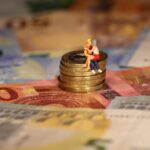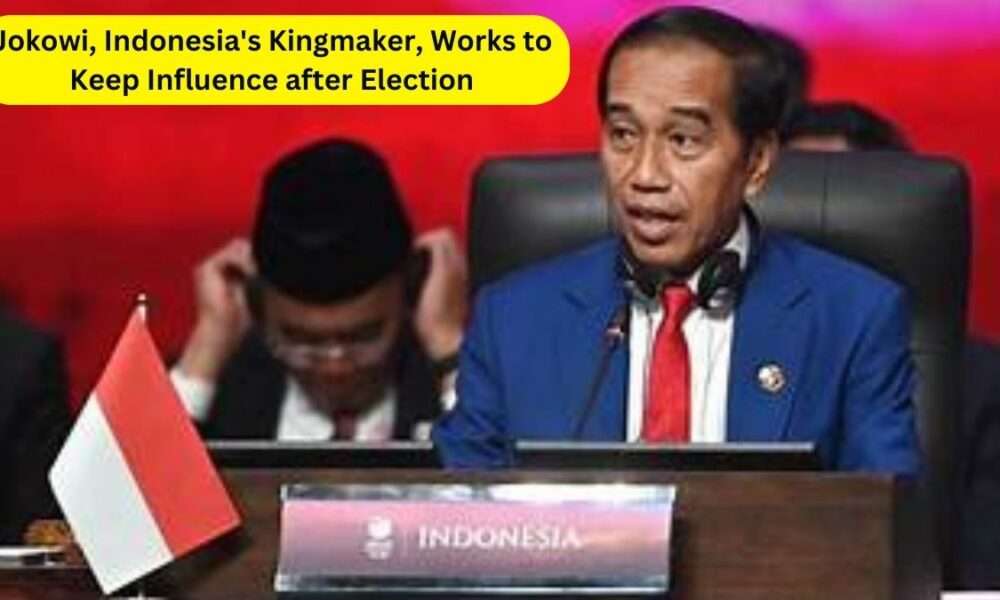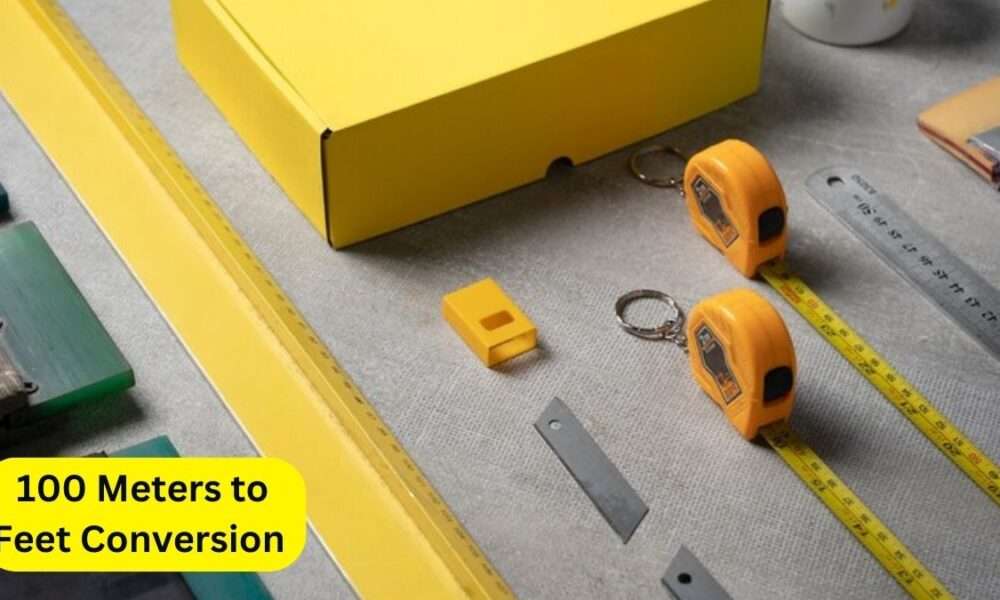Jokowi, also known as Joko Widodo, is the seventh president of Indonesia, using his own strategies and vision to significantly alter the nation’s political landscape. He is a transformative leader. This article delves into Jokowi’s journey, his kingmaker role, and his endeavors to retain influence after the election.
Jokowi: A Brief Overview
Born in 1961, Jokowi, a humble politician from Indonesia, gained prominence through his successful furniture business. His humble demeanor and unwavering work ethic won over the Indonesian people, leading him to the country’s presidency in 2014.
Jokowi’s Political Journey
Jokowi’s, a former mayor of Solo, gained popularity through efficient governance and people-centric policies, leading to his election as Jakarta’s governor in 2012. His experience in these positions prepared him for his 2014 presidential bid.
The Power of the Kingmaker
Jokowi’s function as a kingmaker is among his most important political accomplishments to Indonesia. Many of the candidates participating in regional elections now have better odds of winning thanks to his support and endorsements. As a result, he now commands more authority throughout all levels of the government in addition to the White House.
Jokowi’s 2024 Re-election Strategy
As his second term as president comes to an end, Jokowi needs to think about how he might maintain his influence in Indonesian politics. Some believe he might seek a third term in office, while others believe he will play a backstage role in the upcoming election.
Navigating the Political Landscape
Indonesia’s political landscape is complex, with a myriad of parties and interests. Jokowi will need to navigate these intricacies to maintain his influence effectively.
Challenges Ahead
Despite his popularity, Jokowi faces several challenges. Opposition parties and figures remain active, and the next generation of leaders is emerging. Balancing his legacy and influence amidst these challenges is no easy task.
Maintaining International Relations
Under Jokowi’s leadership, Indonesia’s international ties were prioritised and strengthened. In order to get political and economic support on the global scene, this has been essential.
Jokowi’s Economic Initiatives
Jokowi’s administration has focused a lot of attention on the Indonesian economy. In order to promote growth, his government implemented a number of economic initiatives, such as infrastructure expansion and changes that were favorable to investors.
Infrastructure Development
A major component of Jokowi’s programme has been infrastructure development. In addition to enhancing connectivity, projects like ports, airports, and motorways have also boosted employment and the economy.
What Part Social Media Plays?
Jokowi has successfully gathered support and engaged the people using social media channels. His engagement tactics and social media presence have established a standard for other politicians.
Public Opinion and Popularity
Understanding public sentiment and staying popular is vital for Jokowi’s future influence. He has consistently maintained a favorable public image through his relatable persona.
The Opposition’s Perspective
As they work to undermine Jokowi’s hegemony in Indonesian politics, the opposition is wary of his influence. The political landscape will be significantly shaped by their strategies and actions.
Jokowi’s Economic Initiatives
Jokowi’s administration has focused a lot of attention on the Indonesian economy. His administration introduced a number of economic programmes in an attempt to improve living conditions, promote economic expansion, and provide job opportunities. Among the larger initiatives are:
Investment-Friendly Reforms
Jokowi’s government implemented several measures to make Indonesia more attractive to investors. These reforms aimed to reduce bureaucratic red tape, simplify business regulations, and promote foreign direct investment.
Agricultural and Rural Development
Jokowi’s administration has invested in improving agriculture and rural infrastructure. The goal of initiatives like “One Village, One Product” has been to empower local people and boost production in rural regions.
Tourism Promotion
Due to its rich cultural heritage and stunning natural surroundings, Indonesia is a popular tourist destination. Seeing this as an opportunity, Jokowi concentrated on promoting tourism, which has developed into a significant contributor to the country’s GDP.
Job Creation
Initiatives like the “Omnibus Law” on job creation were designed to promote the growth of jobs by making it easier for businesses to operate and hire personnel.
Conclusion
Jokowi, the Indonesian kingmaker, is at a crossroads in his political career. His ability to continue having an impact beyond the election will depend on his strategies, adaptability, and Indonesia’s changing political climate.
FAQs
Is Jokowi eligible for a third presidential term?
No, Indonesian law restricts presidents to serving only two terms.
How has Jokowi’s economic agenda impacted Indonesia’s growth?
Jokowi’s economic policies have contributed to significant economic growth and infrastructure development.
What are some key infrastructure projects initiated by Jokowi?
Major initiatives that have increased connection and sparked economic growth include ports, airports, and motorways.
How does Jokowi communicate with the people on social media?
Jokowi uses social media to communicate with the public by engaging with his followers and posting updates and ideas.
What obstacles must Jokowi overcome to maintain his sway over Indonesian politics?
Challenges include opposition from rival parties and emerging leaders, as well as the need to balance his legacy and influence effectively.
Read More: Techburneh.com










